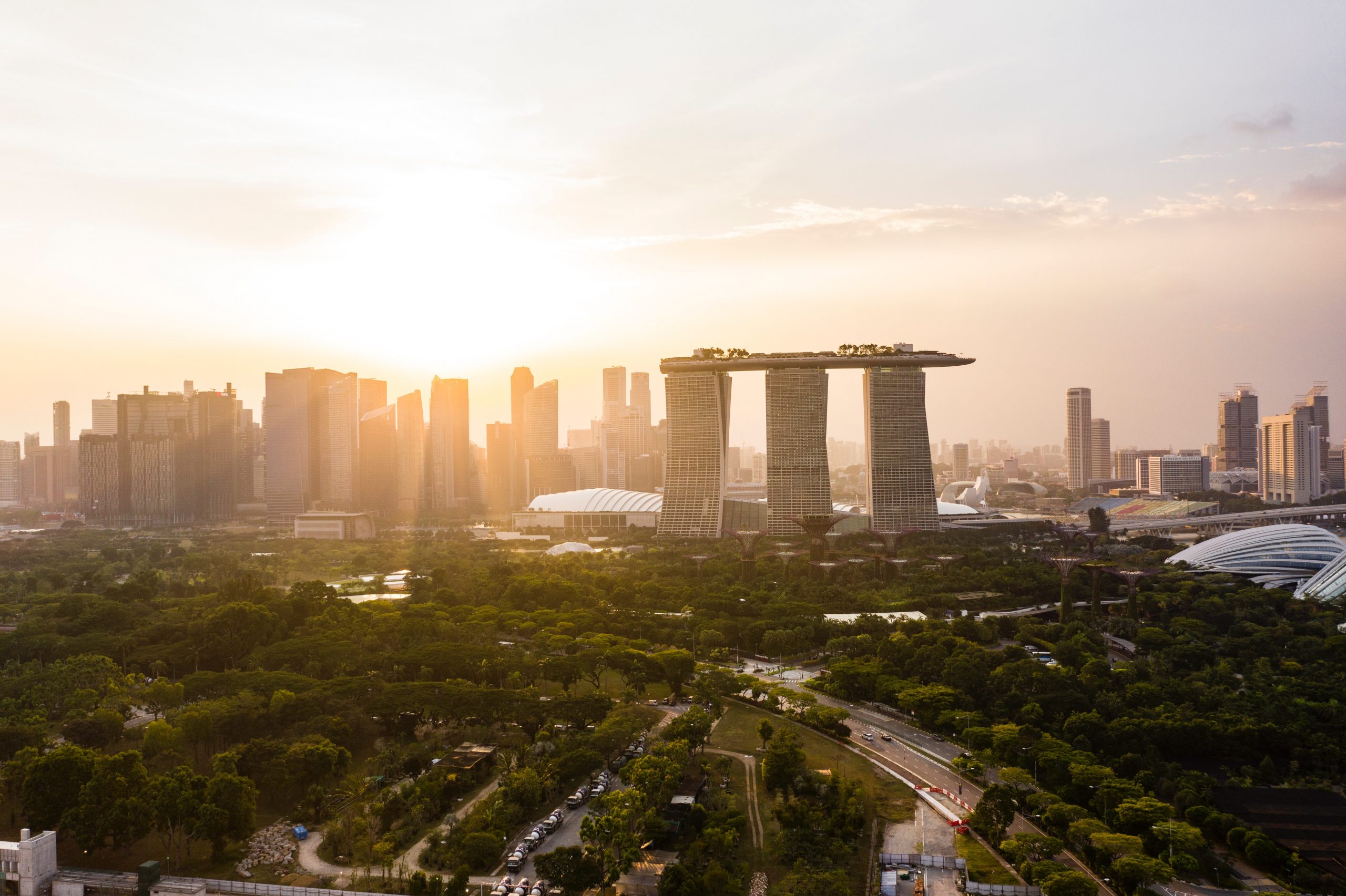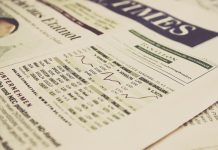
The Singapore economy still in a “dire” situation due to the coronavirus pandemic, according to the Monetary Authority of Singapore.
The Singapore economy is facing high unemployment rate and corporate bankruptcies that are expected to rise in the coming months.
Advance estimates issued by the Ministry of Trade and Industry affirmed that the Southeast Asian economy entered a technical recession after falling by 41.2% in the second quarter compared with the previous quarter.
According to the official forecast, the economy may contract between 4% and 7% this year. This may be considered as the harshest downturn since the country’s independence in 1965.
A technical recession happens when there are two consecutive quarters of quarter-on-quarter contraction in gross domestic product.
“We are not at the beginning of the end, but rather the end of the beginning,” said Ravi Menon, managing director of the Monetary Authority of Singapore, which is the country’s financial regulator and central bank.
“The recovery is likely to be slow and uneven, weighed down by renewed outbreaks of infection here or abroad,” he added. “We will enter 2021 with higher levels of debt, in both the corporate and household sectors, which will act as a further drag on growth and could become a source of vulnerability.”
However, the country’s financial system is still buoyant and strong to address the economic weakness, said Menon. He also said that the authority’s stress test revealed that major banks and insurers, under “very adverse” scenarios, produce adequate buffers to face any uncertainties.
MAS announced a net profit of 10.6 billion Singapore dollars in the financial year ended March 31. Half of the profits will be given to the government, while the rest to MAS’ reserves.
The MAS loosened policy earlier this year by establishing its exchange rate band on a zero-appreciation path and changing down the midpoint of the band.
“The aim of monetary policy during this crisis is to prevent a broadening of disinflationary pressures that would be destabilizing for the economy,” said Menon.
Singapore stocks
Morgan Stanley expresses optimism about Singapore stocks and anticipates as much as 14% returns for the MSCI Singapore index over the next 12 months.
The investment bank claims investors could be further eyeing Singapore as a safe place to invest in despite uncertainties in the region.
“We could see inflows supported by a growing of perception of Singapore as a safe haven amid geopolitical and economic uncertainties in the region,” analysts Wilson Ng and Derek Chang wrote in a report last week.
The coronavirus crisis has devastated economies around the world, and Asia-Pacific nations were badly hit.
Singapore has announced one of the largest measures to support its economy: four stimulus packages worth 100 billion Singapore dollars or almost 20% of the country’s GDP.
Meanwhile, Hong Kong’s protests resurfaced again in May after China imposed a national security law on the city-state which is said to control the Chinese city’s freedoms. The latest protests come after months of demonstrations last year that affected the territory’s economy.
Singapore and Hong Kong have traditionally been rivals in terms of being the top financial hub and wealth center in Asia.






